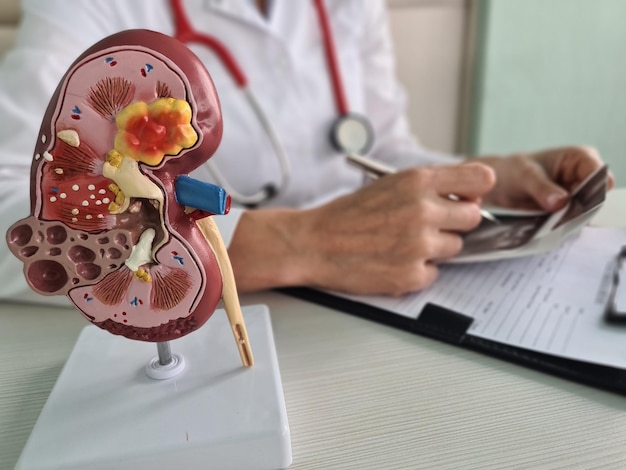
Imagine you have to undergo dialysis, a vital treatment when kidneys fail. This scenario is a tough reality for many people, affecting individuals of all ages and lifestyles. While dialysis is lifesaving, it requires significant physical and emotional adjustments.
However, such extreme measures can often be avoided. Keeping your kidneys healthy involves more than just steering clear of dialysis. It’s about taking smart, proactive steps as early as possible. You have the power to influence your kidney health. Let’s discuss effective ways to protect these essential organs through early care and prevention.
Dialysis becomes necessary when your kidneys fail severely, taking over the job of filtering waste from the blood. This situation is often a result of conditions like diabetes or high blood pressure that damage kidney function. Although dialysis isn’t a cure, it’s crucial for maintaining bodily balance and extending life.
There are two main types of dialysis: hemodialysis and peritoneal dialysis. Adjusting to either type means committing to regular treatments and making dietary changes. It also involves managing side effects like fatigue and muscle cramps and requires emotional strength, often with support from healthcare teams and family.
Chronic Kidney Disease (CKD) is a condition where kidney function progressively declines, often without noticeable symptoms at first. Early signs include fatigue, changes in urination, swelling in the legs or ankles, persistent itching, and shortness of breath.
Identifying these symptoms early is vital for timely intervention. CKD progresses and can lead to end-stage renal disease if not properly managed. Diagnosis usually involves blood and urine tests to check kidney function markers like creatinine levels and abnormalities such as protein or blood in the urine. Key risk factors for CKD include diabetes, high blood pressure, obesity, older age, and a family history of kidney issues.
Regular health check-ups are essential, especially for those at higher risk. Early detection and management can significantly slow CKD’s progression, reducing the likelihood of needing more invasive treatments later.
Your kidneys are crucial for your overall health, so protecting them is essential. By adopting specific lifestyle and dietary habits, you can greatly enhance kidney function and health.
Focusing on these areas can make a major difference in your kidney health. Remember, small daily changes can lead to significant improvements in your kidney health and overall well-being.
In summary, maintaining kidney health is key to overall wellness. Simple daily actions and informed decisions can make a big impact. By living a lifestyle that supports your kidneys and seeking medical advice when needed, you prevent potential health issues and improve your quality of life.
Taking care of your kidneys is a profound act of self-care. Each positive change you make contributes to your long-term health. By consistently focusing on your health and staying aware of your wellness, you’re building a strong foundation for a healthier future.